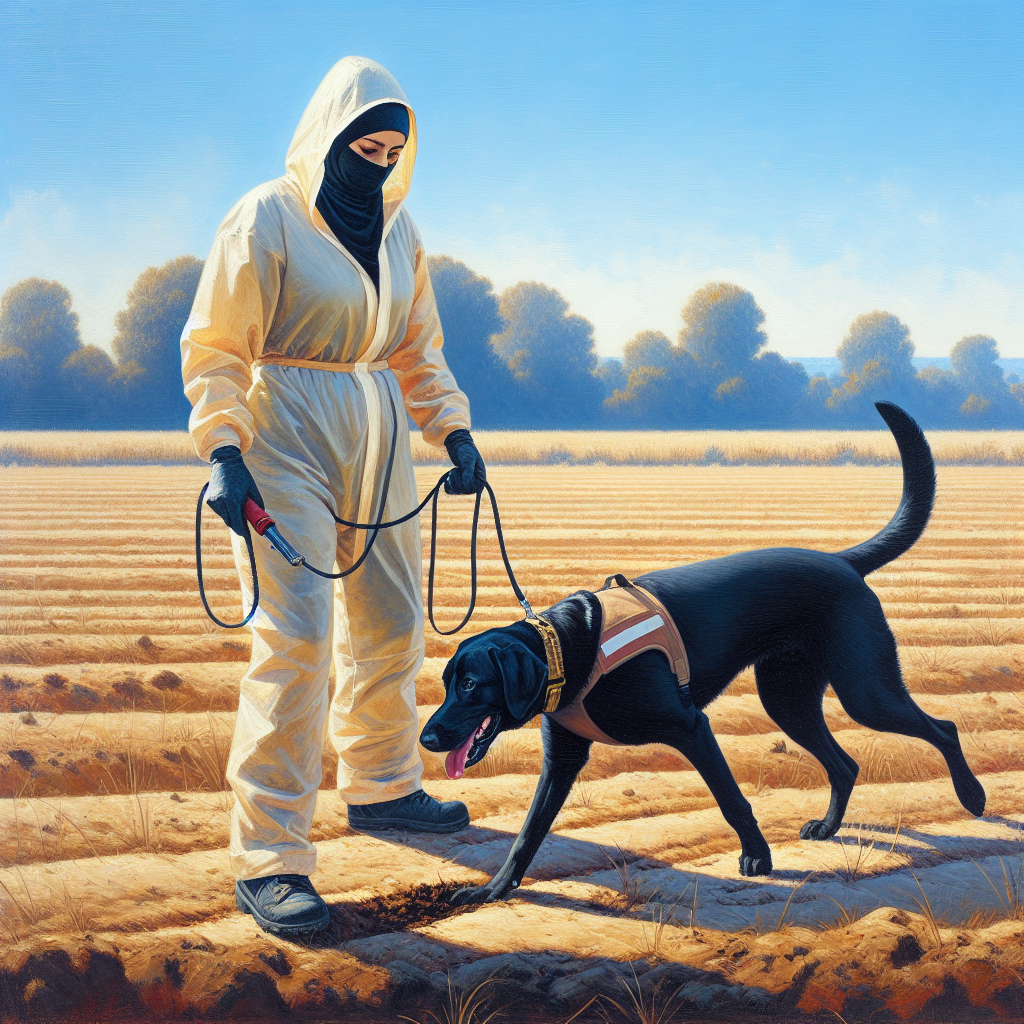Morocco's Stray Dog Dilemma: A Balancing Act of Safety and Compassion
Morocco's 'Trap, Neuter, Vaccinate and Return' program aims to control the stray dog population while maintaining animal welfare. With USD 23 million invested, the initiative addresses safety concerns without resorting to culling. Animal rights groups contest Morocco's methods, linking them to FIFA World Cup preparations.

In a bid to humanely manage its stray dog population, Morocco has implemented the 'Trap, Neuter, Vaccinate and Return' (TVNR) program. This initiative, supported by a substantial USD 23 million investment, is designed to ensure public safety while treating the animals with care. Originally launched in Rabat, the program is set to expand to 14 other cities within the country.
Animal welfare activists have criticized Morocco, claiming the state is engaging in covert culling operations in preparation for the 2030 FIFA World Cup. However, Moroccan officials refute these claims, emphasizing their commitment to the TVNR strategy. The government insists that their approach, recommended by the World Organisation for Animal Health, strikes a balance between safety and compassion, with plans to widen its reach nationally.
Despite reports of incidents of mistreatment, Moroccan authorities maintain that the TVNR program's expansion is aligned with both animal welfare and public health objectives. The program is also being positioned as a response to accusations of inhumane treatment of dogs in the lead-up to major events, aiming to change perceptions and showcase a more ethical approach to animal control.
(With inputs from agencies.)










